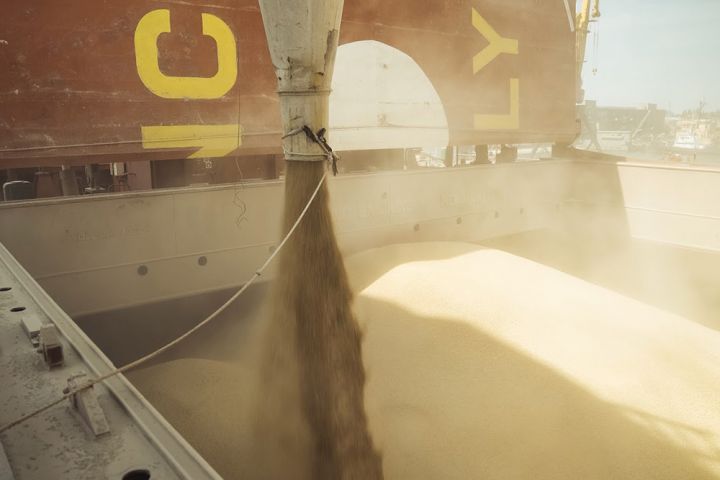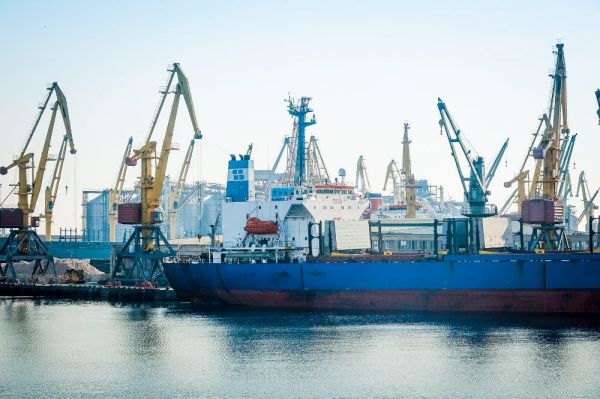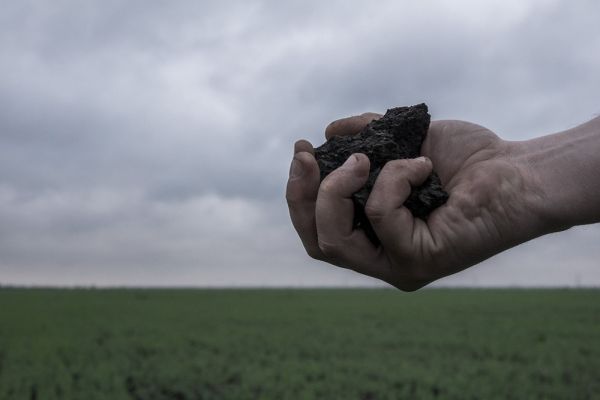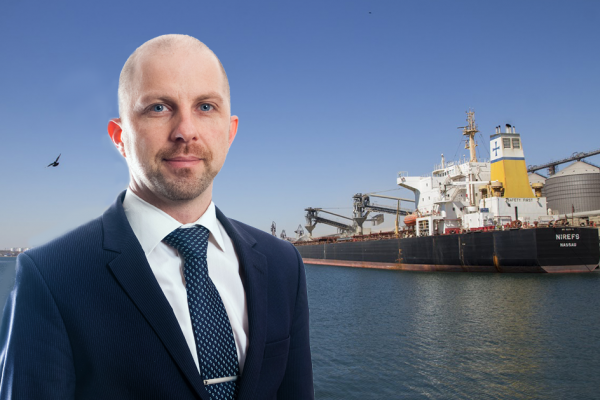Trends in Agribusiness 2020: "Offshore Button", Land Market and Sulfur
In the heart of the trade chain between buyer and seller, among intermediaries, logisticians and other indispensable market participants is a lawyer. Among the advantages of a law firm, as a rule, there is a profound understanding of market processes and the perception of the market situation "from above", equally distanced from the international trade participants. We tried to analyze the year 2019 and to project the key trends of the current year.
Farewell to the year 2019
Last year, on the one hand, there were plenty of events worthwhile for the economy and the society on the whole, such as, for example, the adoption by the Verkhovna Rada of Ukraine (Parliament) of the long-awaited Law on Concessions, the opening of the land market, which will be the initial step towards a long way for the Ukrainian economy.
On the other hand, there were much more expectations, of course. Again, the long-awaited Law on Inland Water Transport was never passed, despite the super high productivity of the parliamentary majority.

Among the key trends that had an impact on agribusiness last year noted by our experts are the following:
No.1. Increased number of trade deals with not duly checked counterparties who either don't pay the full amount or don't pay at all after unloading the goods at the point of destination. Although there, in fact, is a deliberate seizure of someone else's property, or plainly theft, the authorities in most countries consider it a commercial dispute and do not start a criminal proceeding. Basically, such situations have accompanied international trade, perhaps, since its inception. But now the role of armed horsemen in a caravan or guns on board of a merchant ship have to play a properly executed contract excluding the unloading of goods in the port of destination until full payment, except, of course, transactions with long proven partners or firms known and respected in the market.
The problem here lies in the lack of clients' attention to the paperwork when entering into trade deals. Sometimes we can even talk about legal naivety. As a rule, novice market players, who save on competent legal support, go through that.
We have recently had such a case. We were negotiating with a client about a legal support system for a FOB contract. This is a legal service, in which our specialists are constantly involved in a client's communication on the trading contract and prevent any emerging risks. It costs USD 500, it is a shoestring budget for an ag commodities trader. However, the client did not comprehend why he needed this kind of "legal insurance", and our negotiations stalled. After three months, the client returned saying "the buyer does not pay under the contract, behaves suspiciously. Perhaps, I should use your services." However, it's one thing when lawyers are in constant contact, present in the process of negotiations, and quite another — when the ship is gone, time is lost and the buyer is not paying. Naturally, we intervened in the situation, protected the client's interests, but spent much more time on it, and the client incurred much higher costs, including the payment of our services.
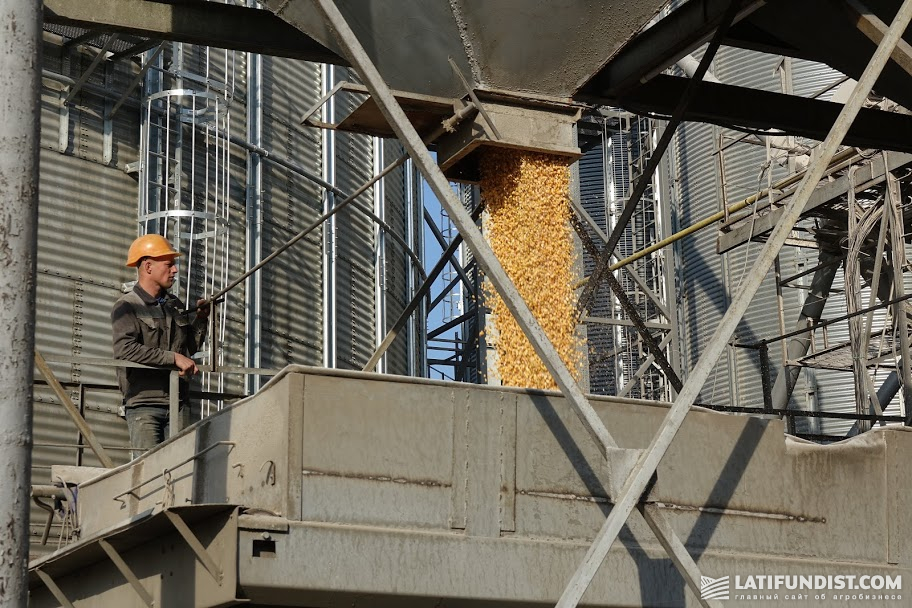
No.2. The second trend is connected with the volatility of grain market in its peak period since the end of summer, when the prices are unstable and many unscrupulous contractors, having made a purchase agreement with the broker, hold back on signing the contract. They do it to imitate perplexity like "Was there a deal?" when the price falls. Thus, the seller sustains the loss of profit or even actual losses from the preparation of the export consignment. In that case, we helped clients to protect their interests and secure the deal with counterparties. However, we can never repeat too often that clients insist on immediate legal clearance.
No.3. The third trend we observed in 2019 was disputes over the quality of products delivered. As a rule, the quality is specified in the contract and checked in the discharge port. Moreover, specialized laboratories and even a certification body accredited by the EU are involved. And if at the endpoint the goods do not comply with the certificate, a reasonable question arises — is it the fault of the seller or the carrier, in other words, the cargo deteriorated before or during transportation? We had a surprisingly large number of such cases last year and, unfortunately, we do not see a downward trend in their occurrence. Our general recommendations in such cases are, as a rule, to strictly follow the GAFTA and FOSFA international standards.
As for the current year, our recommendations for agro traders are the following:
No.1. Land in focus
First of all, of course, one should pay attention to the land market ready for opening. This is a revolutionary event the significance of which can hardly be overestimated. Regardless of the final wording with which the market will be open, today's legislators will go down in history and create new clear game rules for all interested parties.
No.2. Fuel restrictions
There is also more debate in the shipping community and less in the agricultural trade community regarding the entry into force of the International Maritime Organization regulations in January 2020. According to the document, from Jan. 1, 2020, the sulfur content in marine fuels should not exceed 0.5% (compared to the current 3.5%). This means that all fuel consumed by ship engines (both main and auxiliary) and boilers should contain no more than 0.5% of sulfur. According to our information, many operators have already prepared for the changes, and shippers have planned cost recovery, which will be exactly when the carriers start changing their tariffs in response to the new rules. All this, of course, will have an impact on the execution of contracts and prices.
No.3. In search of the "magic button"
The third trend, which will further influence international trade, is de-offshoring. A few years ago, a word that seemed to be a faraway world trend unrelated to Ukraine became clear to any student. We see the changing nature of clients' requests and the increasing level of their awareness. While in 2018 lawyers of our corporate practice were mostly looking for a "magic button" for clients in the form of a company and a foreign bank account, today clients from medium and large businesses understand that it is worth thinking on a larger scale. We are already actively practising business relocation to other countries, creating substance and practically giving up tools of nominal service.
No.4. Pending a year of crisis
The last major trend that will definitely have an effect on Ukraine is "anticipation of the global financial crisis." It is the expectation, not the crisis itself, that will be in the air. Traders will invest in instruments of damage minimization, they will assess and hedge risks. We are confident that in the long run, these concerns will inevitably lead to more civilized business, wider engagement of lawyers at early stages of contracts and development of legal support.
Artem Skorobogatov, Interlegal International Law Firm partner


